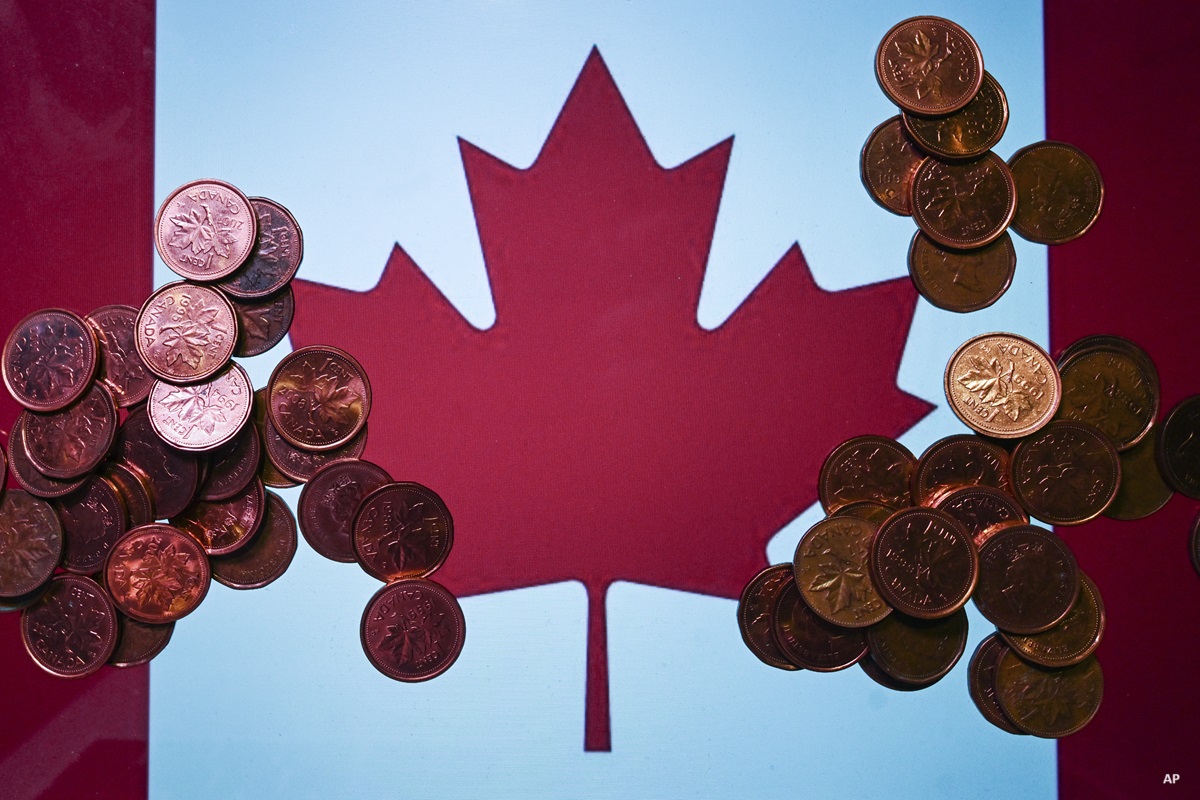Andrew Willis: Talks of a recession are nothing new in Canada. We've had what's been called an extended bull market and we've been watching both the Canadian housing market and household debt levels heat up. And to top it off, we're seeing short-term interest rates move higher than long-term rates, a phenomenon known as an inverted yield curve, which economists suggest is a sign of a looming recession or at least a poorer long-term outlook.
To help us avoid becoming poorer in the event of a recession, in this two-part series we're going to get personal finance best practices and investing advice to help prepare Canadians at each end of the consumer and investor spectrum, millennials and retirees, with implications for all investors out there. Today, we are going to start with advice for retiree households and we are joined by Howard Kabot, VP of Financial Planning at RBC Wealth Management, to discuss how to best financially fortify those golden years.
Howard, thank you very much for joining us today.
Howard Kabot: Nice to be here.
Willis: When someone walks up to you and they are a retiree, and they ask you, how to best prepare themselves for an uncertain economic environment, what are the first few things that you say?
Kabot: Well, we usually start off with having their financial house in order. One of the things we like to recommend is having a financial plan done. Retirees typically will have a financial plan. So, the first place to start would be to pull out the financial plan that was done a few years ago and get that updated. Go to your financial advisor and have him or her update that plan. If it's not the case, then having a financial plan prepared as a new plan is really important. It will identify risks that you may be exposed to and also opportunities to pursue as you go through your retired years.
Willis: Speaking of risks, what are some of the ways that retirees can help manage their debt levels?
Kabot: Retirees typically hopefully don't have mortgage and have very little debt. But if debt is a concern for a retired person, especially if they have credit card debt or other high interest debt, then that should be eliminated. One of the best ways to do that is to take out a credit line or consolidate all of your debt through a credit line. One of the nice things actually if we do get a recession and interest rates are low, is that it helps to manage your debt level because rates will be low. But ideally you want to try to eliminate as much of the high interest debt as possible.
Willis: And how about on the other side with income? How can retirees best protect the income they are receiving through retirement?
Kabot: Retirees typically are drawing on pensions or they will have RRIF income. Defined benefit pension plans are pretty well protected because the benefit is defined and protected. But defined contribution plans or a RRIF or RRSP assets maybe exposed to the markets, both the bond and equity markets. So, retirees should be conscious of the type of equities they have in those plans. They could be overexposed, and it could result in a plan reduction. But if they do have an income stream from a RRIF, an OAS, or CPP, that's very healthy income. They should split that with their spouses come tax time because you can do that. And annuities actually can also be a very good source of cash flow for retirees. I know in low interest environments typically they don't want to do that and that's understandable. But depending on your age an annuity can be a very good source of income.
Willis: And then lastly, for those investors looking to fine tune their investment portfolios, what advice do you have for these people?
Kabot: Typically, in recessions and even as retirees get older, they want to stay away from equities. We have a rule of thumb generally that use 100 minus your age. So, if you are 70-years-old, your equity exposure should be 30%, et cetera. This could be a good rule of thumb to follow, not necessarily for everybody. Equities can be a very good part of a very well-managed portfolio, especially if you've got some good companies in there that spin off some very good dividends. Dividends can be very healthy, and they are stable, and they are even very tax efficient in a non-registered plan.
Willis: Howard, thank you very much for joining us today.
Kabot: My pleasure.
Willis: For Morningstar, I'm Andrew Willis.




















